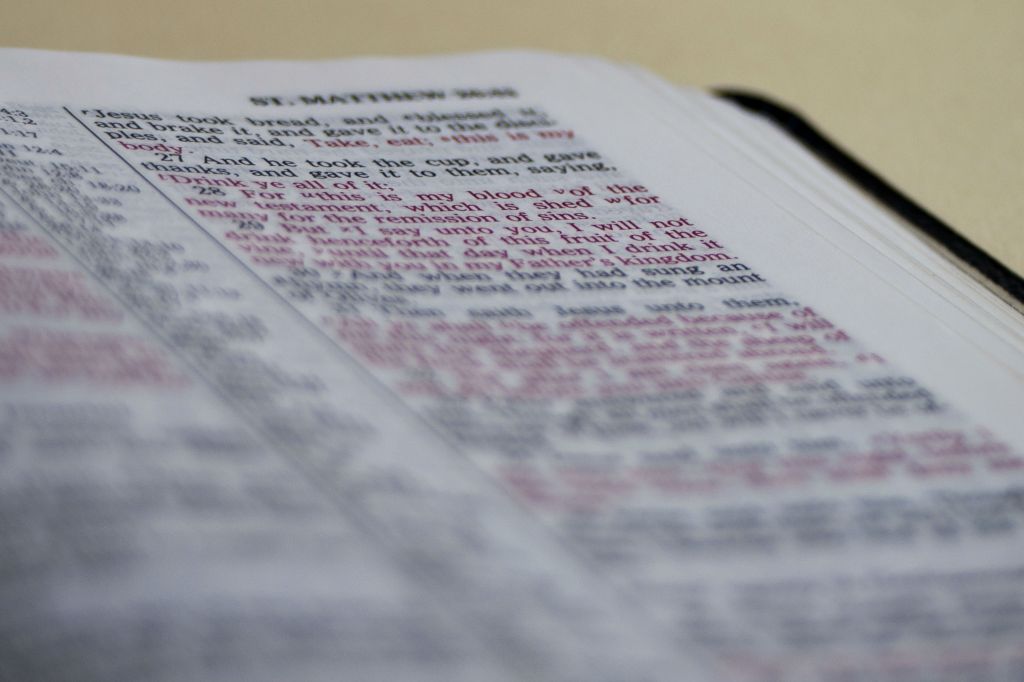Public Copyright Abounds!

… or, equally, this blog post could possibly have been entitled ‘In Surprised Praise of Elementary‘.
So, as we all know, Arthur Conan Doyle has now been dead just long enough. Long enough for his works to slip into public copyright, at which point any old mackerel can have a play with it. Thus, we’ve had kung-fu Sherlock Holmes running around London fighting cultists, techno-savvy Sherlock Holmes flouncing round London in a coat, and then…
… New York Sherlock Holmes?
Let me say right now – I first read Sherlock Holmes while I had mumps. It was an exciting week. Three doctors and a hospital couldn’t work out why my face was the size of a watermelon, given that I’d had the MMR and the booster, until a very excited pediatrician solved it and, bouncing up and down with enthusiasm at having stumbled on a relatively rare disease, summoned all her minions in to come and poke. Did this experience, combined with a soaring fever, colour my reading of the Complete Sherlock Holmes? Maybe. In one feverish week I devoured everything. Similarly, I found Elementary in my local library while I had flu. So, so much flu. And as I write this blog post, I’m coming off the tail end of a) ten days of feeling pants and b) what I think we might call a binge. A proper, old-fashioned, huddled-under-a-blanket-being-delirious binge. (A delirium possibly not lessened by my previous followspotting career… but that’s another story…)
When Sherlock Holmes first entered public copyright I was a little nervous. What would Hollywood and the film industry do to those smokey grey streets of 1800s London that I’d known and loved? As it turned out – pretty much everything. Thinking about it – everything.
So much everything, in fact, that it’s kinda stopped being a problem. Once Sherlock Holmes lives in New York and Dr John Watson is now Dr Joan Watson, I think the time has come to sit back, toss the book (lovingly) to one side and enjoy yourself without asking any more tricky questions about source material. Not least because Lucy Liu is on screen, which frankly always makes things better. Sure, the material is all there, scattered amongst the Manhattan shenanigans, but if you came into Elementary because you think The Hound of the Baskervilles (arguably not the greatest story anyway) is the pinnacle of fiction and want to see a loyal adaption, then you’ve come to the wrong place. Now that these books have hit public copyright, a whole generation of modern day writers are having fun with it. But, and here’s the important part: they’re having loving fun.
Literature abounds with… ahem… ‘homages’. (Or as Tom Lehrer might put it: plagiarism.) Jane Austen is adapted and re-adapted and generally kicked while she’s down every other month. Poor old Shakespeare has seen versions of his plays set anywhere from mental asylums to moon bases. Sometimes these adaptations are precisely what they appear to be: feeble attempts to make something ‘original’ when the truth of the matter is there’s not a shadow of a good idea in the modern writer’s brain. Sometimes they are something far more entertaining, a thing which actually allows a writer to poke holes in both the then of a story and the now of the reader. Sherlock Holmes as read in the 1800s was thrilling, dark, racy, something never seen before that had the public in such a tizzy that Arthur Conan Doyle was even invited to help solve crimes himself with his deductive methods – a challenge at which he failed utterly. Now, after so much time, it risks becoming a parody of itself, but is saved by there being enough source material and to lift it above that particular mire. Rather, it becomes possible to parody the modern world, to mesh the old and the new.
I’m 28 now. Public copyright laws require me to have been dead for at least 75 years before people can start tampering with my works without permission. With any luck, I might not bite the bullet until I’m a cantankerous old biddy. If I snuff it in, say… oooh… 2060, to take a nice round number, it’ll be 2135 before any of my books can be mucked around with too much. That’s 135 years after I wrote my first novel. At the time of this blog entry, 135 years ago was 1879. Women couldn’t vote. The British Empire ruled India and large swathes of Africa. Japan had only just opened up to the West. Electricity was barely considered save by the wealthy or the scientific, and Queen Victoria still had another twenty plus years of looking miserable in her.
What will the future make of my works? Will unfortunate children be forced to read A Madness of Angels, not as a book in its own right, but rather as a fascinating insight into the society and cultural predilections of a world unimaginable to them by any other means? Will someone try to adapt The First Fifteen Lives of Harry August for their modern age, shifting it – as will make perfect sense – to a lunar colony in order to better rake in the off-world viewing audience? Or will they revel in adapting it for the time it was written, and write breathless reviews praising its 1990s period dress, but lamenting its terribly old fashioned language that makes the dialogue almost unintelligible to younger viewers?
I would like to think that, long after I’m gone, people muck around with my books and find new and interesting ways to do stuff. After all, the source material will still be there to be read, exactly as I wrote it, and in the meanwhile, whole new worlds in whole new times might have whole new definitions of adventure, literature, of entertaining and of themselves, and it’d be nice to think that in 135 years time something that gave me joy, can give others joy too.






